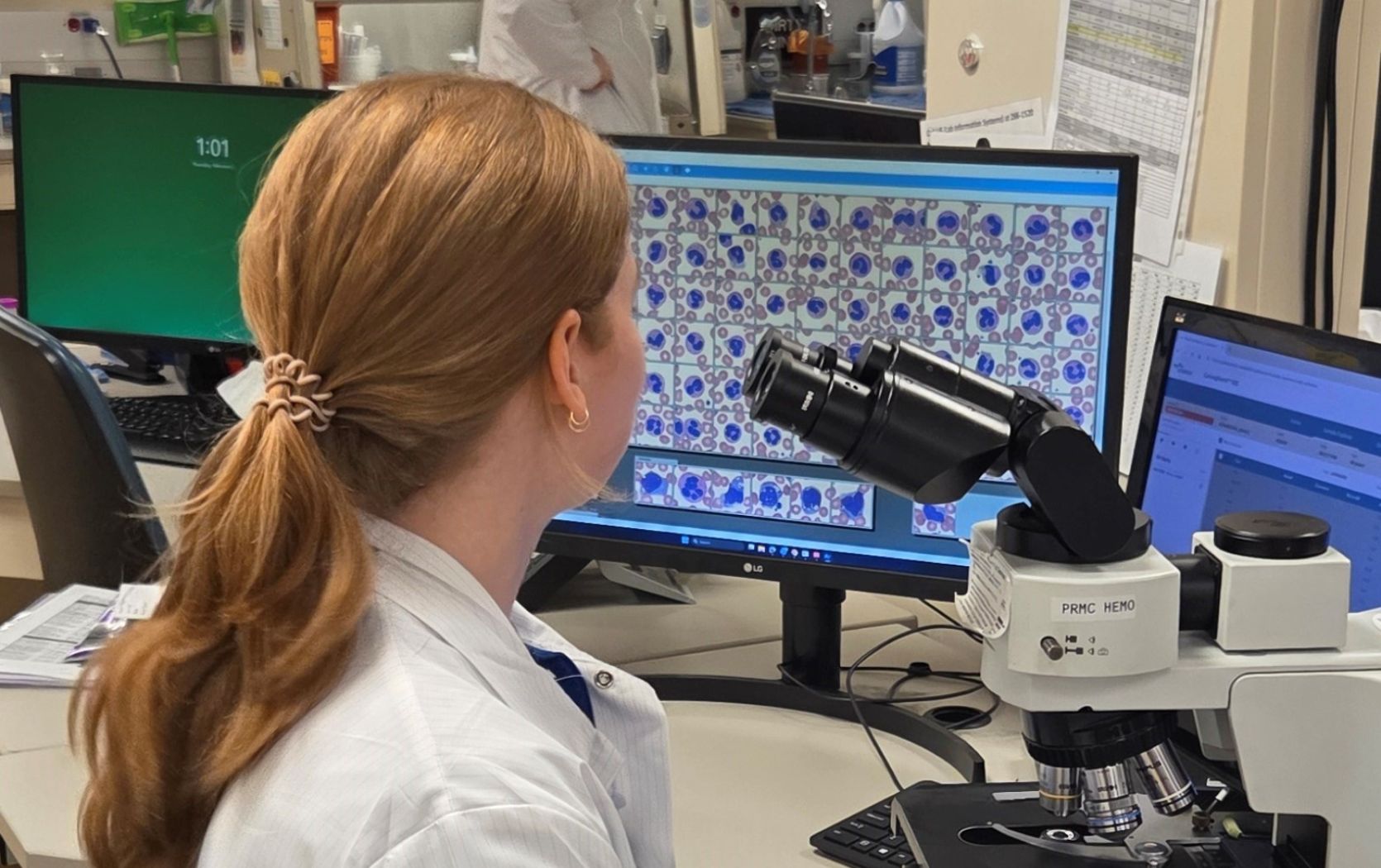
Most of us take our ability to “hold it” for granted, but fecal incontinence (FI) impacts more people than you’d think. Kelly Klinker, MD, PPG – Colon & Rectal Surgery, works with patients to reclaim their confidence and find solutions to their loss of control.
What is fecal incontinence?
Fecal incontinence (FI) is the inability to hold stool until a socially appropriate time. The severity of the condition can range from a little bit of leakage to a full accident.
How common is FI?
It’s more prevalent than most people realize, because most people don’t like to talk about it, but 1 out of every 12 adults struggle with varying degrees of FI. That adds up to around 20 million people in the United States.
What are the risk factors for FI?
Advancing age is one of the biggest risk factors. Continence involves the stool, as well as muscles and nerves, and as we get older, we see these factors change. Women tend to have more trouble with continence due to pregnancy, but we see men with FI frequently as well.
Often, FI can be influenced by medications, stool consistency, as well as nerve or muscle problems. Urinary incontinence, diabetes, chronic health conditions and, in some cases, morbid obesity are also risk factors. Some diabetic medications and supplements containing magnesium can contribute to diarrhea, and loose stools are harder to hold. This is why we look at a patient’s medication profile and vitamins.
What are some of the challenges to treating patients with FI?
Certainly, people don’t always feel comfortable talking about bowel control issues with others or their provider, but I find that, by the time people come to see me, they’re ready to have the discussion. Our office is focused on creating a culture of safety where it's easy to speak freely, and I think that the more we educate the public and primary care providers about what we have to offer, the better the dialogue will become.
But even when a patient is ready to talk, it isn’t always clear what’s contributing to their FI. For this reason, we take a lot of time with these patients. It could take several appointments to pinpoint what’s contributing to their issue. I often ask patients to keep a diary so that they don't have to find the words out loud, and I have objective evidence of what is or is not happening.
When should someone seek medical attention for their symptoms?
If a patient is experiencing an acute, perhaps viral, illness that causes diarrhea that resolves, that’s not something that would require our care. But any incontinence or changes to the bowels that goes on for more than three months, mucus in the stool or other notable shifts should be evaluated.
What does treatment for FI look like?
Honestly, it looks different for everyone. Ahead of their initial appointment, our office sends pages with questions about surgical, sexual and obstetric history, as well as what they've tried or haven’t tried to resolve the issue. We spend a lot of time talking about what they’re day is like and potential triggers for an accident. Has their diet or lifestyle changed? Are they taking a new medication? When was their last colonoscopy?
Sometimes it’s as simple as adding fiber to a patient’s diet. Other times, it’s something like rectal prolapse, hemorrhoids or ulcerative colitis contributing to the bigger issue. Depending on what our evaluations discover, we might get another team such as GI involved. However, often times we can make adjustments to a medication or diet or provide a simple surgical option to address the problem.
I want people to know that the main thing we're looking for is the opportunity to impact and improve our patients’ quality of life. We start with simple changes and focus on continual feedback over a period of time to see if the prescribed therapies are working. And if they aren’t, then we can explore those simple surgical options. My team I really enjoy taking care of these patients. It’s so rewarding when we can get them out of the house and back to their grandkids’ soccer games!




